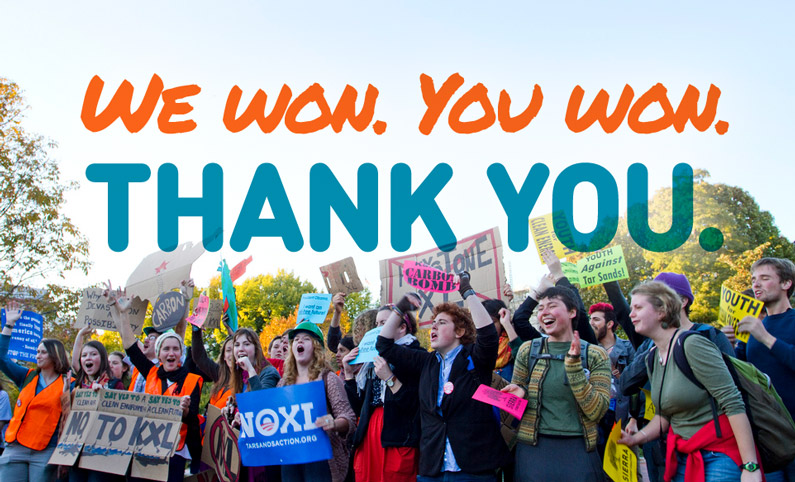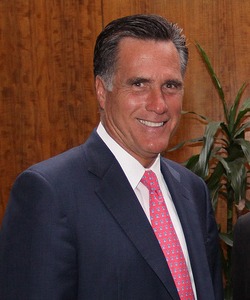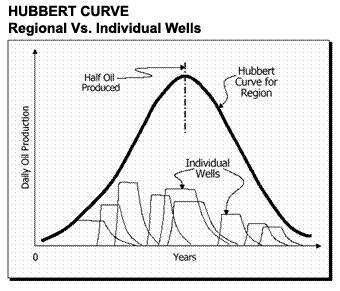Climate Energy
All Stories
-
Clean energy has highest return rate of any federal program
Cross-posted from Climate Progress. The National Academy of Sciences concluded in 2001 that a handful of clean energy technologies returned about $30 billion on a research and development (R&D) investment of about $400 million. The United States is an amazing venture capitalist when it comes to clean energy R&D. But the all-Solyndra, all-the-time stenographers of […]
-
What the Keystone XL delay means for tar sands and the green movement
The Obama administration announced late last week that the Keystone XL tar-sands pipeline is going to be reassessed and possibly rerouted, delaying the final decision on its fate until after the election. The coalition that fought the pipeline — enviros, indigenous communities, Nebraska farmers, etc. — is, naturally, over the moon. (See Bill McKibben here […]
-
Has government spending on energy research been a waste?
Cross-posted from the Council on Foreign Relations. Steve Mufson had a piece in the Washington Post Outlook section this past weekend suggesting that the $172 billion that the U.S. government has spent on early stage energy research since 1961 has largely been a waste. (I say “suggesting” rather than “arguing” because Mufson doesn’t quite make […]
-
Airlines race to be first to fly with biofuel
One day, maybe, planes will be able fly on electricity alone, but until then, the best chance they have to get off gasoline is to switch over to biofuels. And that's actually happening! Over the summer, two biofueled flights made it across the Atlantic, and now Alaska Airlines is pushing an ambitious commercial biofuel flight […]
-
Romney is recycling all of Bush’s EPA-hating energy advisors
Political windsock Mitt Romney has no opinions of his own about energy, so he's hired a bunch of people to tell him what to think about it, reports Politico. And almost all of those people are former Bush Jr. employees. Already on board the Romney train are Jim Connaughton, who ran Bush’s White House Council […]
-
Keystone ‘victory’ is nothing of the sort, say testy wonks
Enviros’ opposition to the Keystone XL pipeline has succeeded in delaying or possibly even deep-sixing a project that would have carried oil from the tar sands in Canada to refineries in Texas (and over a drinking water aquifer and the epicenter of a bunch of earthquakes). But not everyone is celebrating. Professional wet blanket Michael […]
-
Critical List: Keystone XL delayed; heating your home with firewood
The Obama administration delayed approval of the Keystone XL pipeline! (You probably already heard that, but we're still excited!) The White House says the decision's not political but "based on the process that we've been going through" (that up until enviros started protesting was moving swiftly towards approval). Oh, and the decision will now come […]
-
We won a temporary victory on Keystone XL, but the fight goes on
Dear Friends, Um, we won. You won. Not completely. The president didn’t outright reject the permit for the Keystone XL pipeline. My particular fantasy — that he would invite the 1,253 people arrested on his doorstep in August inside the gates for a victory picnic by the vegetable garden — didn’t materialize. But today the […]
-
Energy companies get $24 billion of corporate welfare from taxpayers
Cross-posted from ThinkProgress Green. Tax breaks and subsidies for energy companies have gotten so extreme that dozens of top companies have made billions in profits while having negative taxes — actually receiving taxpayer welfare instead of paying anything to the federal treasury. An analysis by Citizens for Tax Justice and the Institute on Taxation and […]
-
How’s it feel to already be living in a post-peak oil apocalypse?
The International Energy Agency says peak oil came and went — in 2006. The only reason we're not already paying $10 a gallon for gas and generally Mad Maxing it up is that there was this thing called a recession. Well, that, and cough cough the tar sands saved our asses cough cough. Unconventional sources […]








